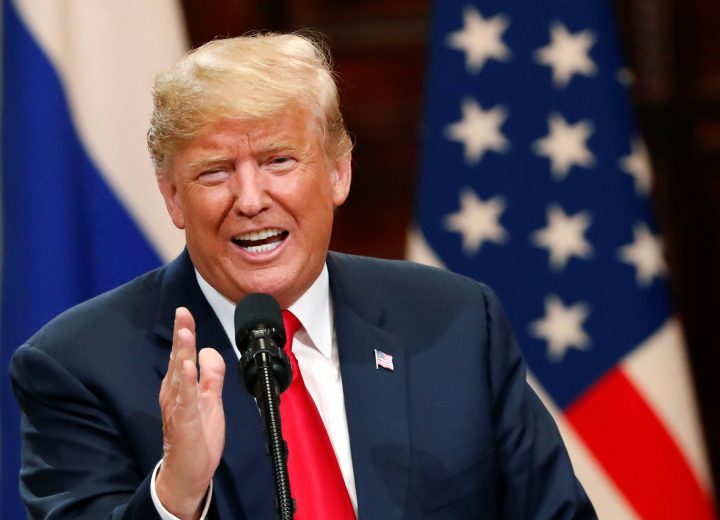The average price of imported vehicles sold in the United States could jump by thousands of dollars if the Trump administration imposes tariffs under a worst-case scenario provided by the Center for Automotive Research.

The Michigan-based think-tank estimates U.S. consumers would see the average price of new imports rise by US$6,875, if a 25 per cent tariff is applied, or up to US$2,750 if a 10 per cent tariff is imposed to imports from all countries.
The impact on American consumers would be substantially less if Canada and Mexico – partners with the United States under the North American Free Trade Agreement – are exempted.
CAR estimates the average cost of imports sold in the United States would rise by US$3,980 if a 25 per cent tariff is applied only to non-NAFTA countries and by US$1,345 if a 10 per cent tariff is levied on only non-NAFTA imports.
A quota that limits the number of vehicle and parts imports to 80 per cent of 2017 levels would also be costly, pushing up the price by US$6,610 if all countries are included or up US$5,583 in Canada and Mexico are excluded.

Get daily National news
The report was issued ahead of congressional hearings into the Trump administration’s threat of tariffs or quotas to protect its national security.
President Donald Trump’s strategy appears aimed at returning the auto supply chain back to the United States.
But the CAR study found U.S. auto production can’t quickly increase, taking at least a year to convert an under-utilized plant and on average two years to build a new assembly facility.
The U.S. economy would contract by between US$6.4 billion and US$62.2 billion, it said.
CAR estimates that American auto demand will fall by between 493,600 to two million vehicles, resulting in the loss of 82,000 to nearly 750,000 auto manufacturing jobs.
“U.S. automotive and automotive parts manufacturers would not benefit from tariff or quota protection since all vehicles produced in the United States rely on imported content and a substantial share of U.S.-produced automotive parts and components are exported for assembly in vehicles built in other countries,” it said.
Figures from the U.S. government’s International Trade Administration show more than 70 per cent of U.S. exports last year were to Canada and Mexico “so including these two trading partners in the trade action would be particularly harmful to U.S. automotive parts producers.”
CAR said the 17,000 new vehicle dealerships in the United States could see revenues decline by US$16.3 billion to US$66.5 billion and result in the loss of 28,800 to 117,500 dealer jobs.
Used vehicle prices would also rise as more consumers turn away from new purchases and the selection of cheaper imports would likely be reduced as manufacturers decided to no longer offer some models.
In 2017, 52 per cent of vehicles sold in the U.S. were manufactured domestically. Of the 48 per cent that were imported, with more than half assembled in Canada or Mexico containing significant U.S. content.







Comments